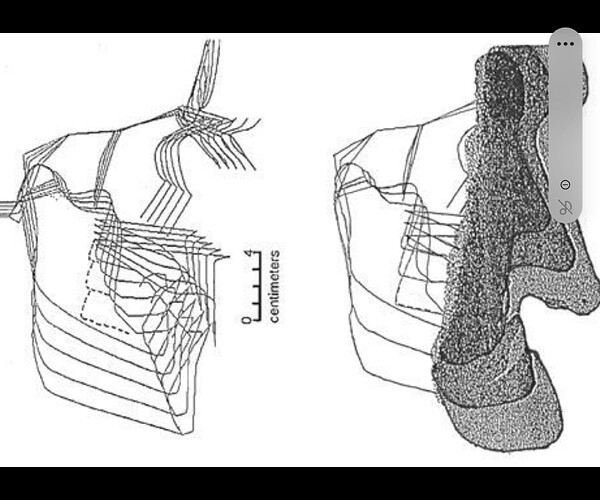Hi Steve,
a comment/question about the following in your book:
*Christianity also maintains that God reveals Himself through two books: the Bible and the book of nature. Science is the process for interpreting that book of nature. Since God cannot err or deceive, all His revelation is infallible, both Scripture and nature. They do not contradict,
Note the following text:
To Adam he said, "Because you listened to your wife and ate from the tree about which I commanded you, `You must not eat of it,’ "Cursed is the ground because of you; through painful toil you will eat of it all the days of your life.
Wouldnt you agree that the Bible claims the earth dramatically changed after the fall of Adam and Eve and as such, using the premise that the earth is the same after expulsion from the garden in order to form a moden scientific thesis is fundamentally flawed in the first place?
To illustrate, if i added 330kj of energy to 1 litre of water @20 degrees C, it will increase its temperature to 100 degrees C right, but what if the temperature of the water was not 20 degrees to begin with or the ambient temperature around the beaker of water changed whilst i was boiling it?
You would argue that science has factored that into the creation and flood equations already, however, all that does is attempt to down-scale the importance of the change in environment around the beaker of water. What about if i played the scaling game and up-scaled and considered the events surrounding Noah flood?
Lets say 1,000 large volcanoes all erupted at the same time, by how much do you think that would affect our global environment? What about 10,000 volcanoes? What about 100,000 volcanoes?
The bible specifically states:
In the six hundredth year of Noah 's life, in the second month, on the seventeenth day of the month, on that day all the fountains of the great deep burst forth, and the windows of the heavens were opened.
Now i dont know about you, but when an underground water pipe bursts, lots of rock and soil are usually ejected into the air with it. Imagine if the cause of that water burst were volcanic activity!
What i am getting at is:
-
The bible specifically says, the earth changed…and i think its quite obvious, it changed dramatically in a relatively short period of time.
-
downscaling in order to explain away the above change as well as the effect of Noahs flood can also be up-scaled to show what potentially could happen if 1,000 or more volcanoes erupted during and for years after the flood.
The above agree with your statement God does not lie. However, the statement you make which i have quoted above appears to me to be leading readers down a pathway of ignoring Genesis 3:17 and Genesis 7.
When us humans reveal stuff about ourselves, do we not tend to talk about our actions, goals, achievements. Im just wondering how it is that you do not consaider that given we use real world examples in defining ourselves, how it is that God having done the same is a lie given you do not have the beaker of water starting point or surrounding environmental conditions at the time of Creation, after the Fall of Man, and Noahs flood?
anyway, i shall read on.
